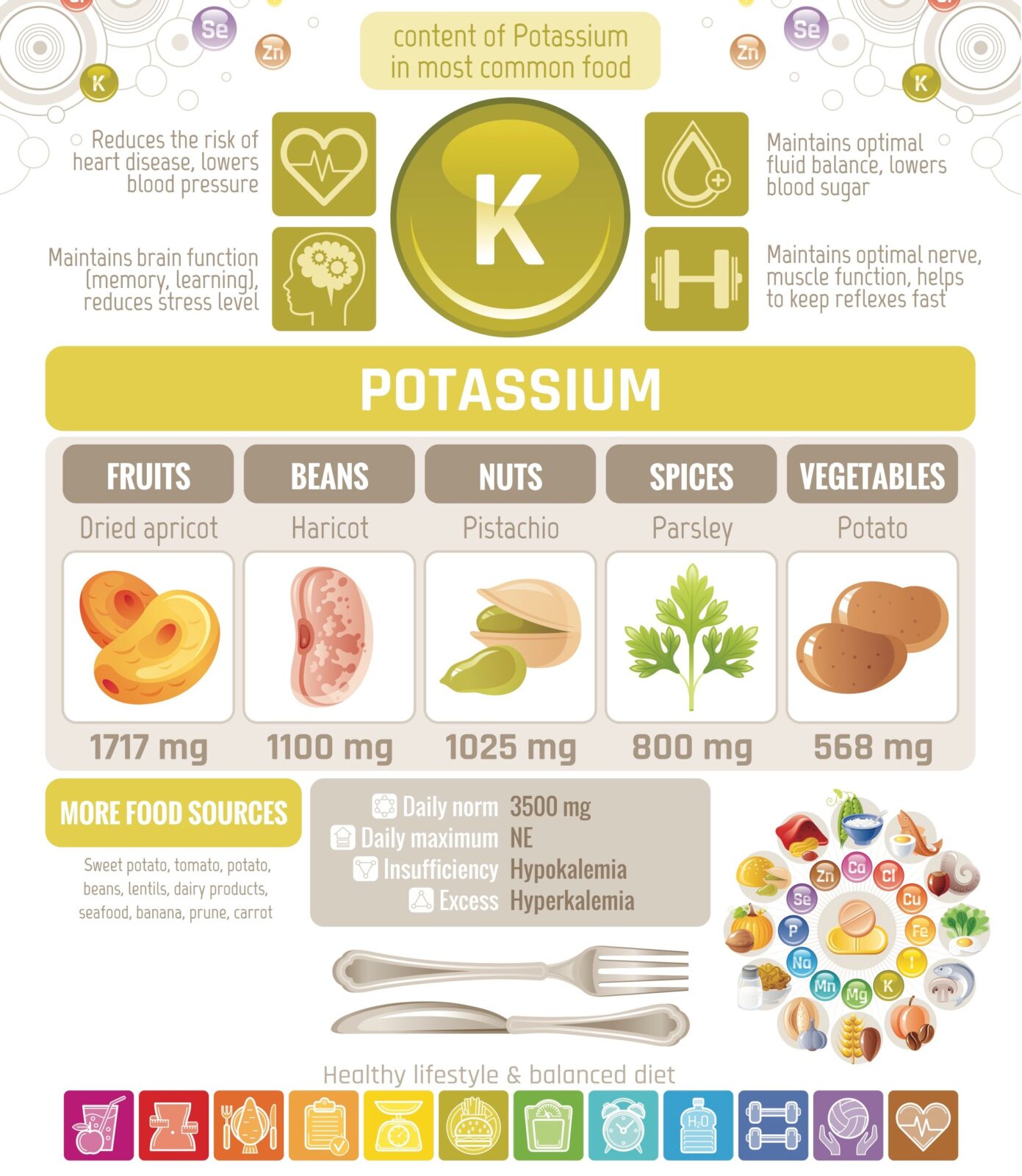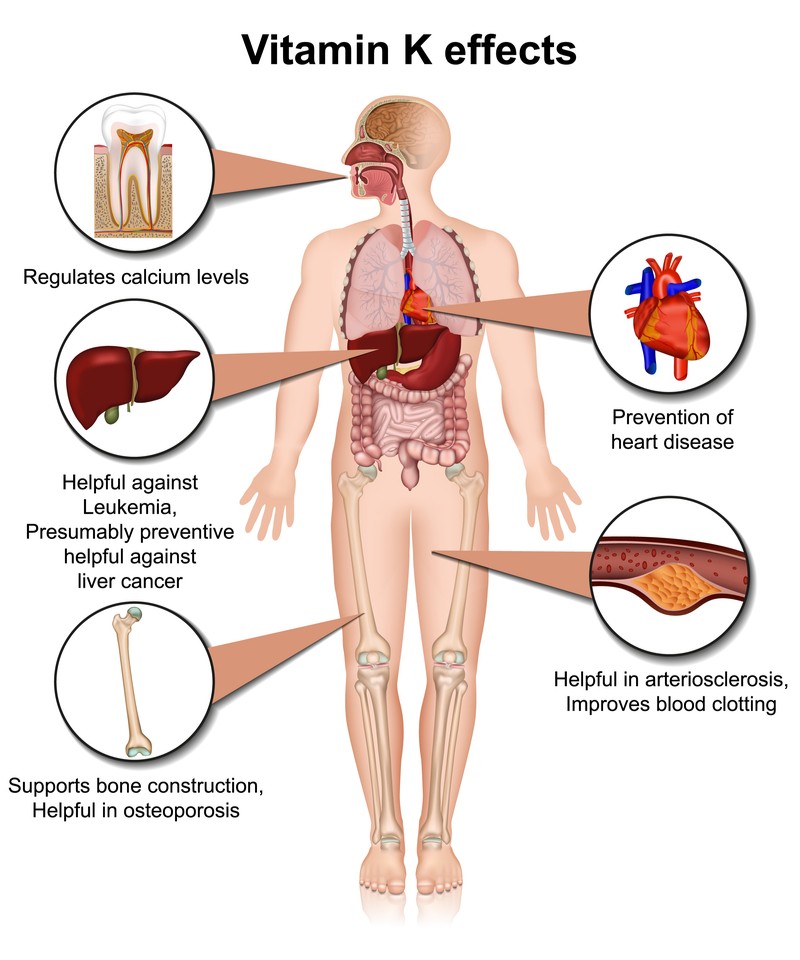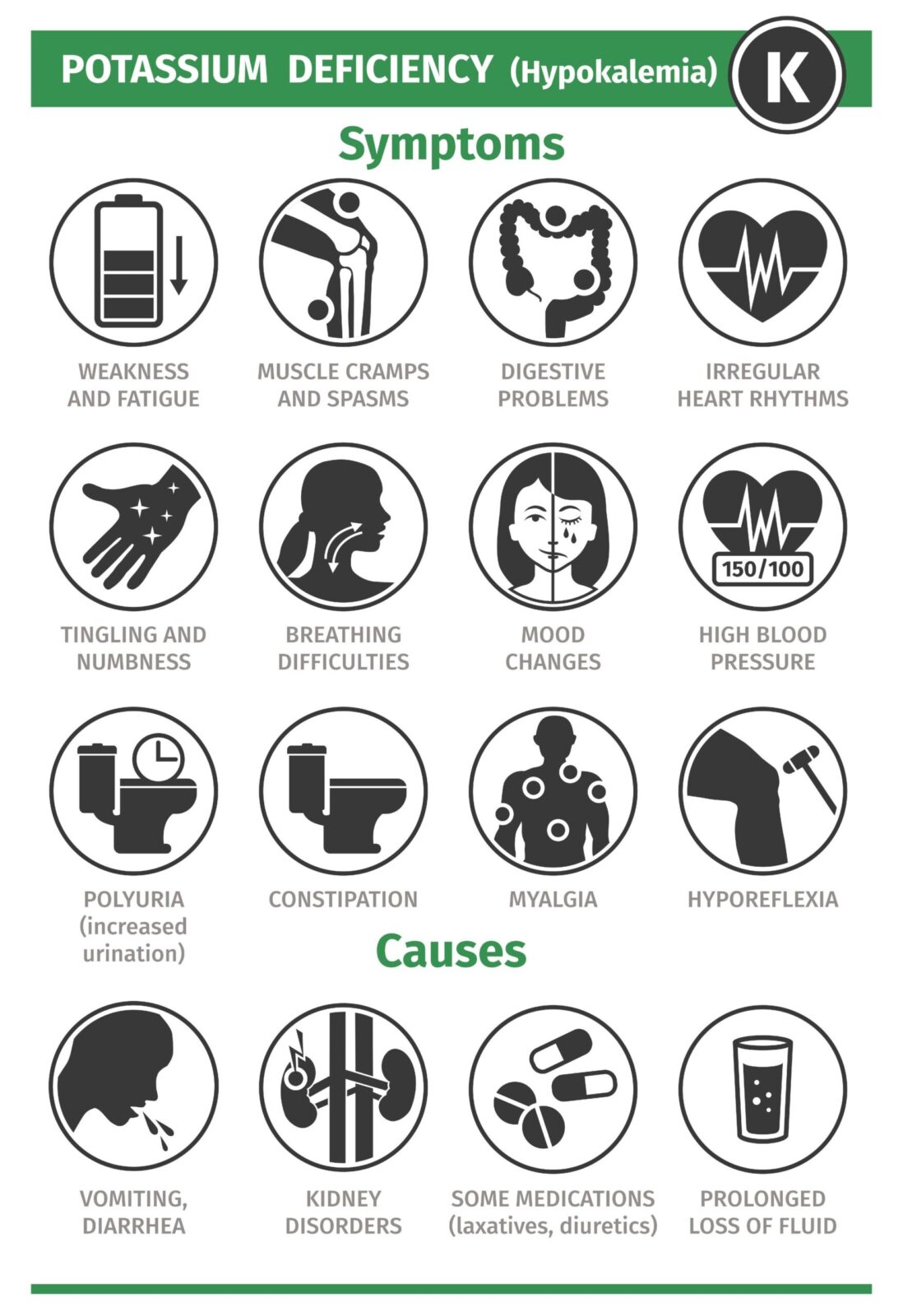Roles of Potassium in the body



if your potassium levels are high enough to cause symptoms, you may have:
- tiredness or weakness.
- a feeling of numbness or tingling.
- nausea or vomiting.
- trouble breathing.
- chest pain.
- palpitations or irregular heartbeats.


